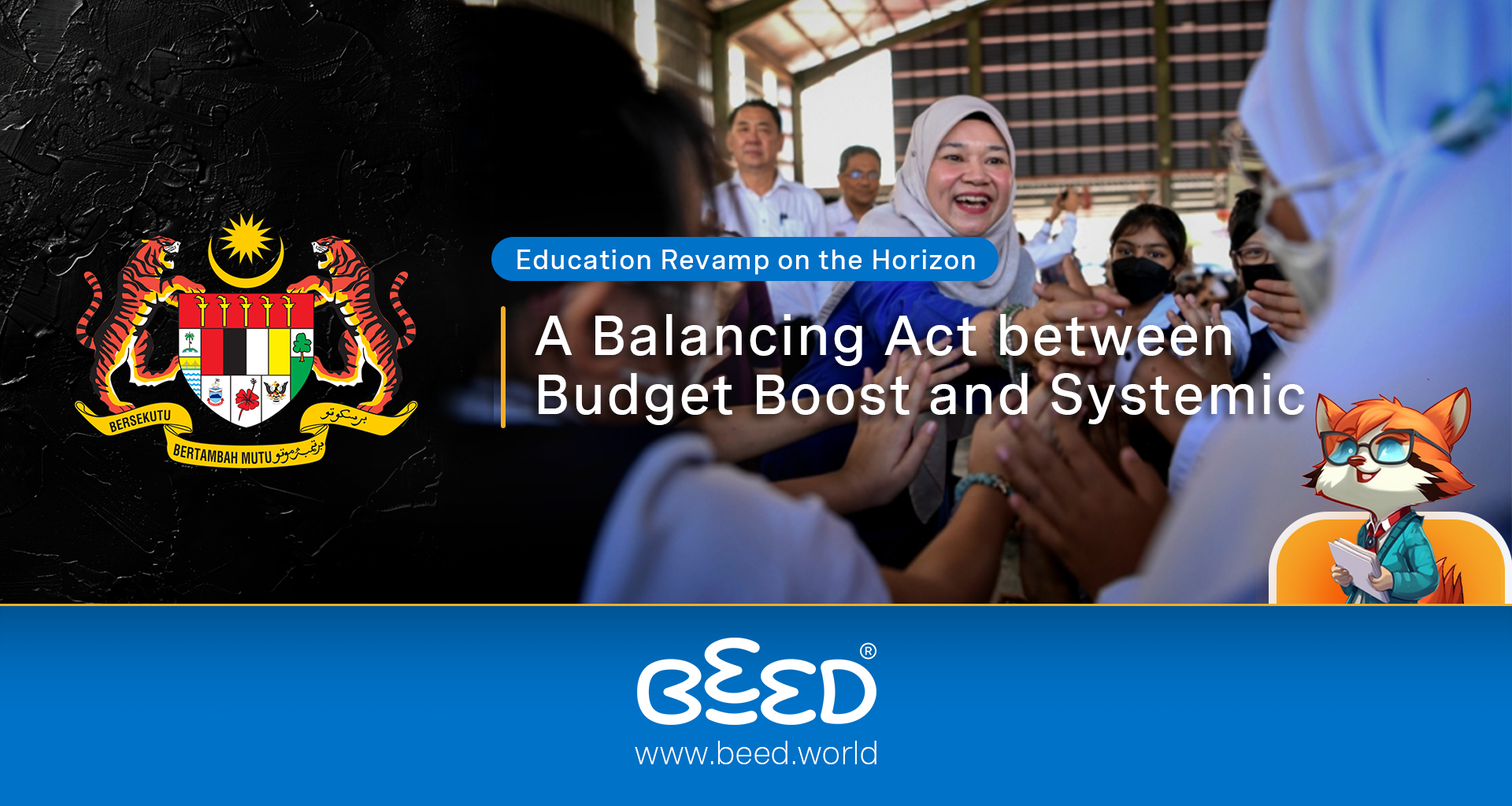Education Revamp on the Horizon

Kuala Lumpur - Malaysia's education sector is buzzing with anticipation as the government prioritizes education spending and embarks on curriculum revisions.
Budget Bonanza: Addressing Infrastructure Gaps
The 2024 budget saw a significant increase in education spending, with a record RM58.7 billion allocated to the Ministry of Education (MOE). This marks a welcome change, particularly for educators who have long highlighted the need for improved infrastructure, especially in rural schools. RM1.9 billion specifically targets upgrading schools in Sarawak and Sabah, which have historically faced limitations in resources. This move aims to bridge the gap between urban and rural educational experiences.
Curriculum Revamp: Keeping Pace with the Times
Another positive development is the announcement of a revised curriculum review cycle. Under Education Minister Fadhlina Sidek, primary school curriculums will be reviewed every six years, while secondary school curriculums will be re-evaluated every five years. This shift towards a more dynamic curriculum aims to ensure Malaysia's education system keeps pace with evolving needs in the globalized world and aligns with contemporary pedagogical trends.
Expert Cautions: More Than Money Needed
While education experts acknowledge the positive impact of increased funding and curriculum updates, they caution against a purely budgetary approach. Dr. Hamidah Abdul Rashid, a prominent education researcher, emphasizes the need for systemic reforms that go beyond infrastructure and curriculum. She calls for a multi-pronged approach addressing teacher training, reducing class sizes, and ensuring equitable access to quality education, particularly for students from underprivileged backgrounds.
Teacher Training: Equipping Educators for Success
A long-standing concern is the state of teacher training and support. Dr. Hamidah argues for a more robust system that emphasizes continuous professional development, better working conditions, and competitive salaries to attract and retain top talent. Smaller class sizes, she suggests, would allow teachers to provide more personalized attention and cater to diverse learning styles.
Equitable Access: Closing the Opportunity Gap
The issue of equitable access to quality education remains a contentious point. Socioeconomic disparities often lead to uneven educational outcomes. Experts urge the MOE to implement targeted programs that support students from under-resourced communities, such as after-school programs and scholarships.
The Road Ahead: A Collaborative Effort
The increased investment in education and the focus on curriculum reform are steps in the right direction. However, the success of these initiatives hinges on their implementation. Collaboration between the MOE, educators, parents, and education experts will be crucial in ensuring that the allocated funds translate into tangible improvements in student learning outcomes. Only by addressing the systemic issues alongside the budgetary and curriculum changes can Malaysia create a truly equitable and effective education system that prepares its youth for the future.
BeED #Edtech #edutech #education #learning #casestudy #ai